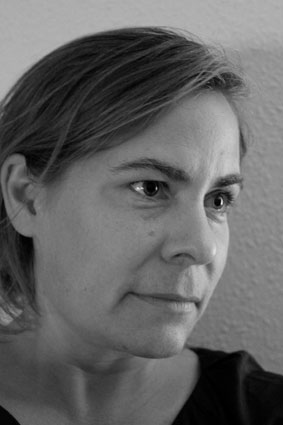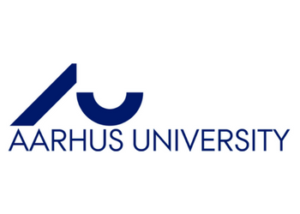Rachel Charlotte Smith
Short Description
Prof Dr Rachel Charlotte Smith is Associate Professor of Human-Centred Design at Aarhus University, Dept. for Digital Design and Information Science. My research focuses on relations between culture, design and technology, specifically on social change and digital futures through emerging technologies. As an anthropologist I take part in exploring and developing relevant ways in which new digital technology can make sense in relation to people and everyday life in diverse contexts.
E-Mail: rsmith@cavi.au.dk

Selected Publications
Smith, R. C. (2022): Editorial. Design Anthropology. In: Design Studies (80), Special Section on Design Anthropology, Art. 101081.
Smith, R.C.; Otto, T. (2016): Cultures of the Future: Emergence and Intervention in Design Anthropology. In: Smith, R.C.; Vangkilde, K.; Kjærgaard, M.; Otto, T.; Halse, J.; Binder, T. (Eds.): Design Anthropological Futures. London: Bloomsbury, P. 19-36.
Smith, R.C.; Iversen, O. S. (2014): Participatory heritage innovation: designing dialogic sites of engagement. In: Digital Creativity. London: Routledge.
Smith, R.C. (2013): Designing Digital Cultural Futures: Design Anthropological Sites of Transformation. PhD Dissertation, Faculty of Arts, Arhus University & James Cook University, pp. 284.
Newsletter
If you want to make sure you are up to date with POEM, please sign up to our newsletter. We will keep you informed on a regular basis via email of news from the European Training Network POEM, its partners, and projects.
Please be aware of the terms & conditions concerning data protection.
POEM
Coordination and Project Management
University of Hamburg
c/o: Institute for Anthropological Studies in Culture and History
Grindelallee 46 | postbox: H8 | 20146 Hamburg | Germany
+49 (0)40 42838-9940
Concepts, strategies and media infrastructures for envisioning socially inclusive potential futures of European Societies through culture.
This project has received funding from the European Union’s Horizon 2020 research and innovation programme under the Marie Skłodowska-Curie grant agreement No. 764859.


